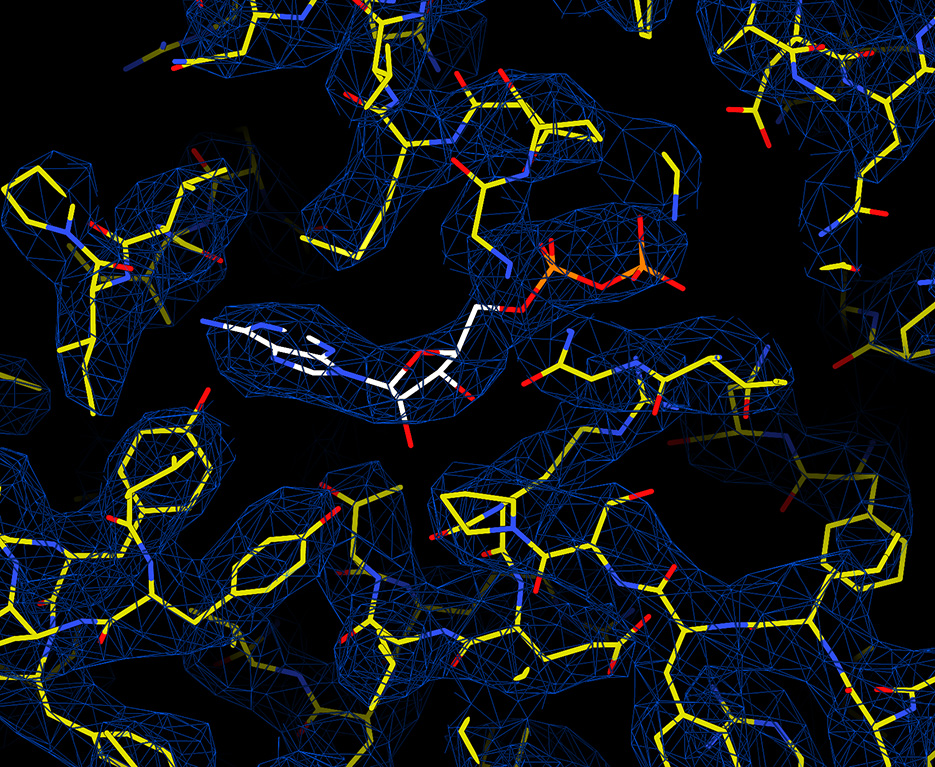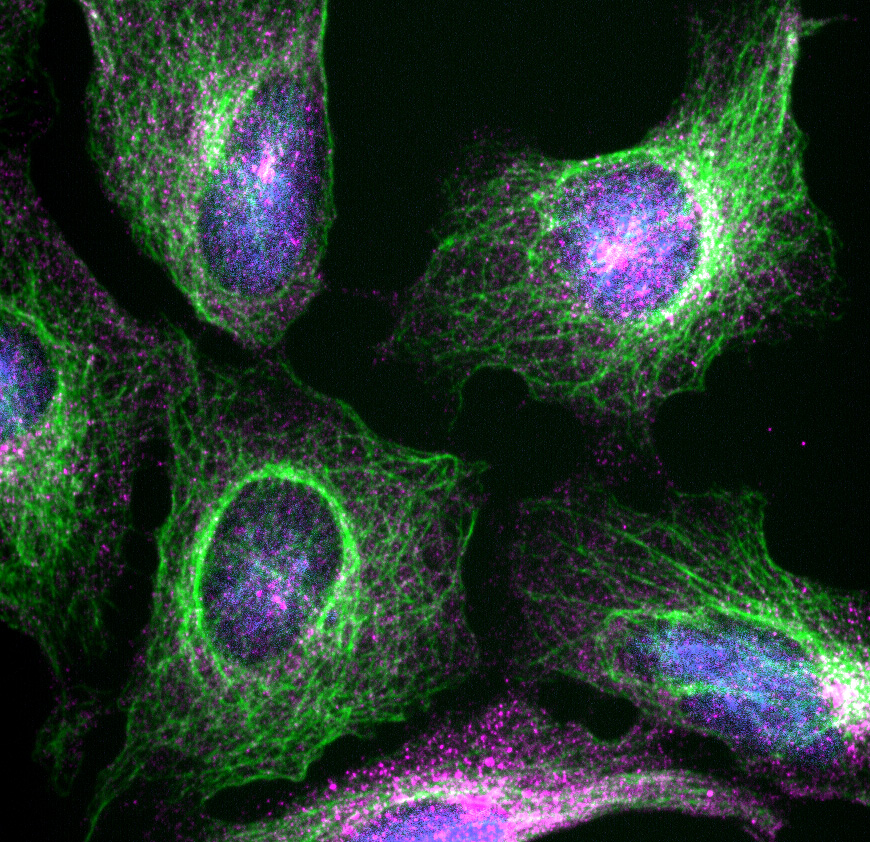Research Overview
Cells must coordinate the transport of hundreds of different cellular cargoes such as organelles, vesicles, viruses, and macromolecules in space and time. Essential cellular functions, including cell survival, maturation, and growth, are dependent on cytoskeletal transport, and disruption of these processes is linked to numerous neurodevelopmental diseases and cancers. Cargoes are transported by molecular motors (dynein, kinesins, and myosins) that move along polarized cytoskeletal tracks (microtubules or actin filaments) to reach their proper cellular destinations. Although most cargoes move bidirectionally by switching directions or jumping to a different track, it remains unclear how the motors, which walk in only one direction, coordinate the complex bidirectional movement of cargoes. The Kendrick lab is interested in understanding these processes by asking the following questions:

How are motor complexes assembled?
Molecular motors are highly dynamic molecules that use the energy of ATP hydrolysis to move on cellular tracks. Some motors, including cytoplasmic dynein-1 form large complexes that require interactions with numerous other proteins to allow for movement. We use CryoEM and single-molecule approaches to study how these dynamic complexes assemble and interact with their cofactors.

What determines cargo directionality?
Almost all cellular cargoes move bidirectionally, yet all motors are unidirectional. Some motors can be coupled to each other via adaptor proteins, but how these interactions regulate the directionality of movement is unknown. We are using multiple approaches to identify and characterize these interactions and ultimately understand how bidirectional movement is regulated.

How do defects in cargo transport contribute to disease?
Disruption of intracellular transport is linked to numerous neurological diseases and cancer. We are focusing on understanding (1) how mutations in adaptor proteins that link motors to cargoes contribute to neurodevelopmental disease and (2) how adaptor proteins that are critical for regulating signaling pathways affect motor functions in cancer cells.